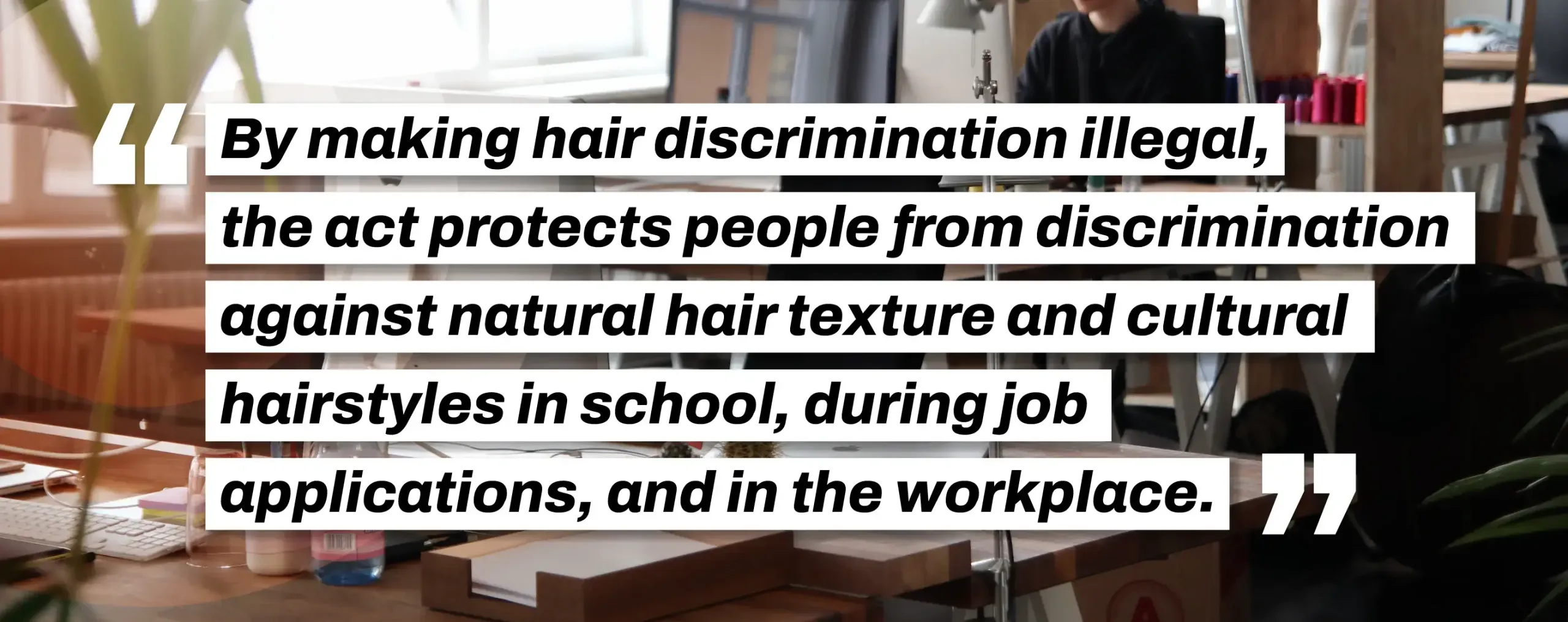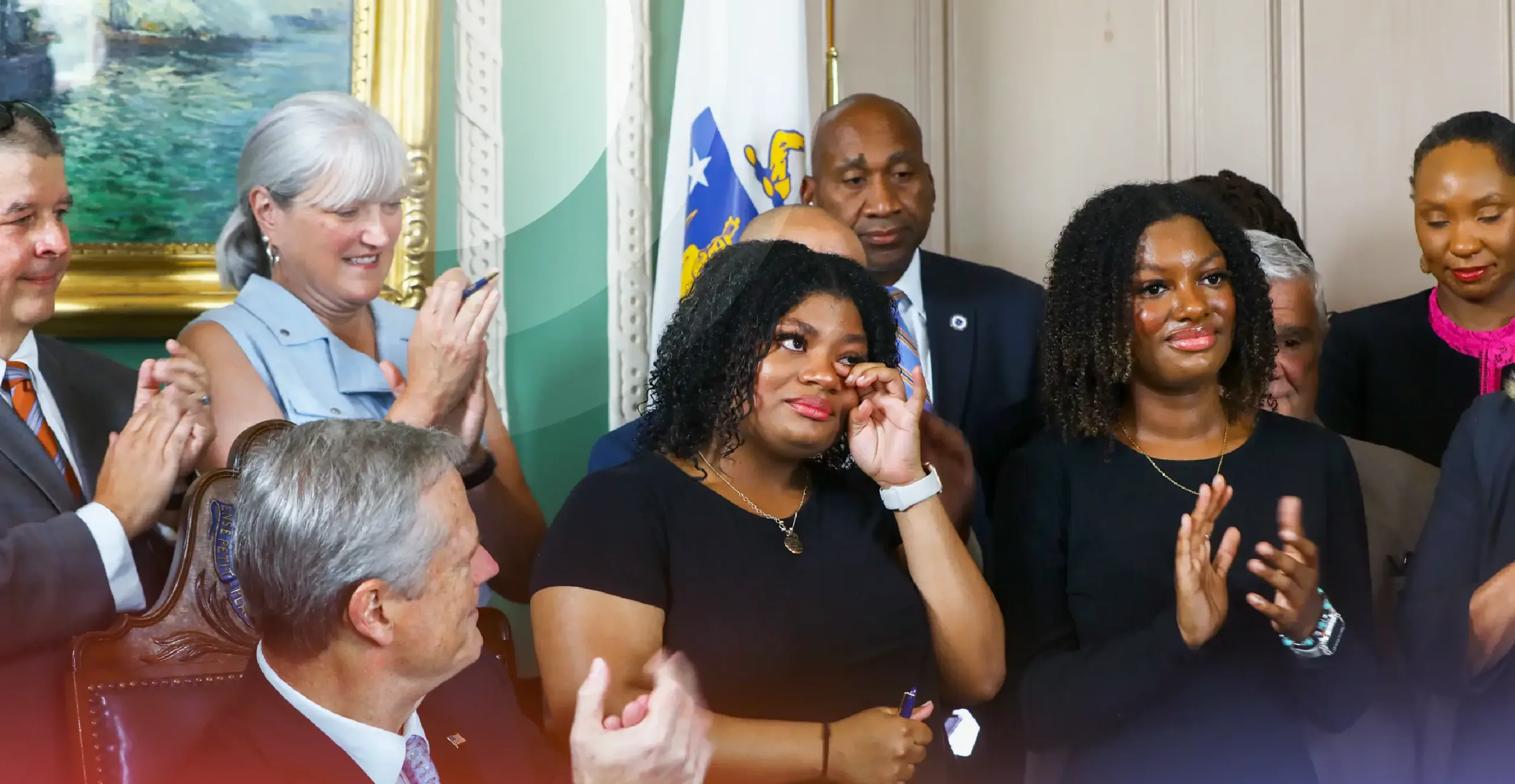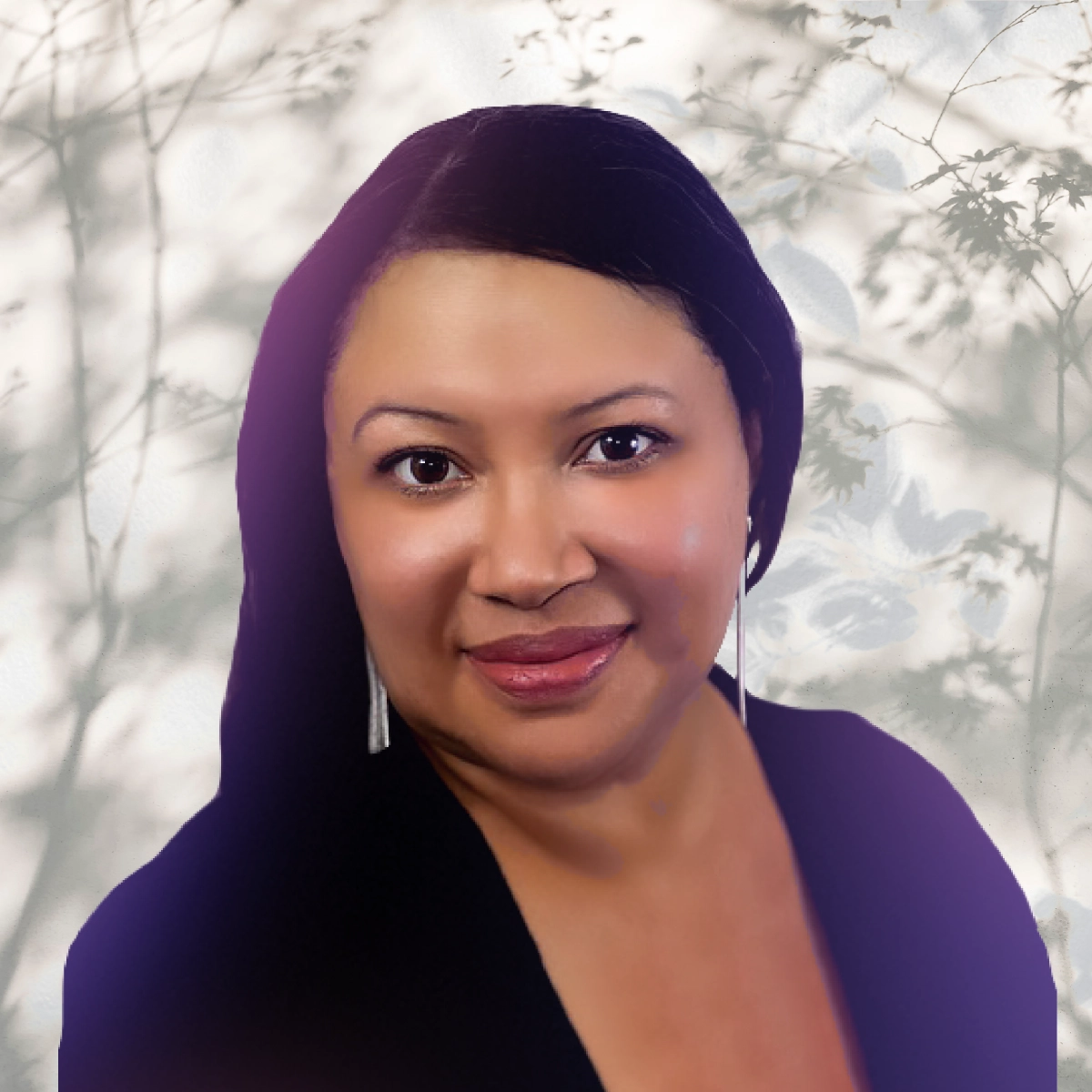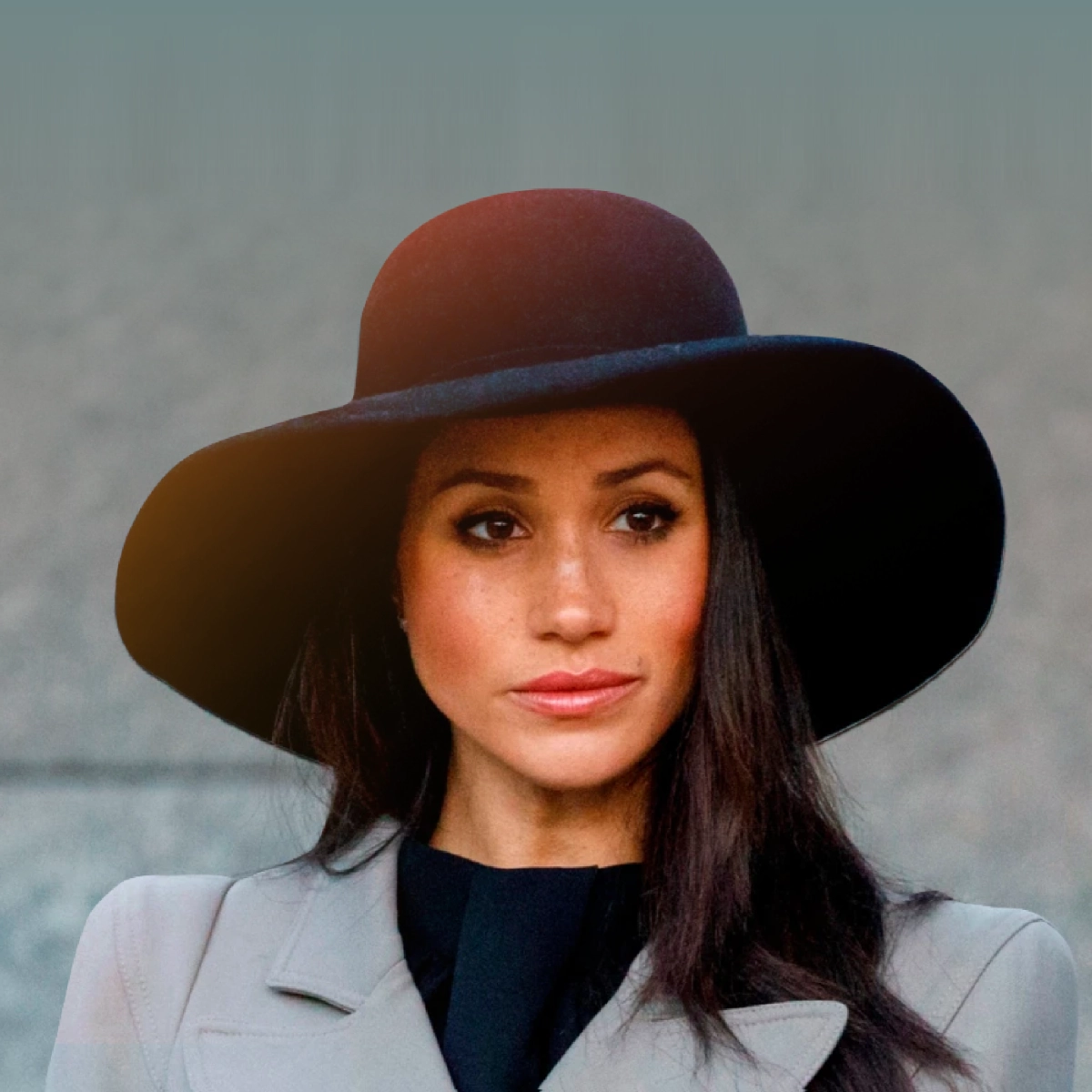For many Americans, hair isn’t “just hair.” It has the power to get a person through doors and block them from an opportunity. While many companies are building diverse workspaces with a more relaxed dress code, welcoming everything from sleeve tattoos to alternative hair colors, the vast majority continue to uphold policies exemplifying gross discrimination against natural hair. Hair discrimination is when someone is mistreated, not only for their appearance but specifically for their characteristics: their hair. Under the guise of “grooming policy,” it is a conduit for racial discrimination.
From offices to classrooms, natural Black hair and hairstyles (braids, locs, twists, and knots) and Native American braids have been policed for decades. According to Corinn Jackson of Littler, “Black women can be particularly impacted by certain dress codes and grooming policies. Indeed, one recent study found that Black women are 80% more likely to change their natural hair to meet social norms or expectations at work, and Black women are 1.5 times more likely to be sent home because of their hair.” A 2017 poll conducted by NPR reports a third of Native Americans have suffered from discrimination at school and in the workplace. Instances of discrimination often include not being paid or promoted fairly and being fired or, in the case of students, having their hair cut for wearing it in traditional Native American braids.
Modifications are usually required at the workplace requiring hair to be short—eliminating the symbolism of strength in Native American long hair—or smoothly tucked away—asking Black people to comply with Eurocentric standards. Many instances have shown gross discrimination over natural hair at work and school. In 1981, Renee Rogers took American Airlines to court because the company demanded she not wear her hair in braids. The court sided with the airline, stating that braids were not an immutable racial characteristic but a simple work policy. In 2010, Chastity Jones accepted a job offer for a customer service position. When she refused to follow a work attire policy that would require her to cut off her locs, the company rescinded its job offer, justifying its reasoning to Jones by saying, “they tend to get messy.” In 2018, a referee forced a high-school wrestler to cut his dreadlocks right before a match. As the investigation continued, he was barred from further officiating, but the high school student remained a victim of an unnecessary act. More recently, a Native American boy had his hair cut against his will by his classmates.

So how did we get here? Anti-black and anti-Indigenous sentiment on U.S. soil has existed since well before office spaces, drawing its roots from slavery in the 1700s. Women who worked in the fields covered their hair in head rags due to the harsh demands of their work and unallowed visibility. Workers of the “big house” mimicked the hairstyles of their enslavers with wigs or by shaping their hair to emulate them. Native American children who faced forced assimilation in boarding schools between the 1700s to the early 20th century were given haircuts simulating their white colonizers, ridding them of their long native hair. In the aftermath of slavery and forced assimilation, Black and Indigenous people have continued to be pressured to style their hair according to Eurocentric beauty standards to be considered employable and “decent” by societal norms.
Even among the enslaved today, emulation takes on the form of emasculation. Middle Eastern detainees suspected of terrorism had their beards shaved before proceeding with unethical “enhanced interrogation.” Islamic beards are culturally grown as a form of honor to Muhamad. Evidence has shown that many suspected detainees were not involved in any terrorist activity. The forced act of shaving their beards (along with many violent forms of torture) was and continues to be an irrelevant and unethical protocol, violating the most basic human rights.
It wasn’t until March 18, 2022—three years into a global pandemic, freshly into a European war, and on the verge of overturning Roe vs. Wade—that a silver lining appeared for the acknowledgment of natural hair. The U.S. House of Representatives passed the Creating a Respectful and Open World for Natural Hair (CROWN) Act. The CROWN Coalition was created in 2019 by Dove in partnership with Senator Holly J. Mitchell (D-CA) of California. By making hair discrimination illegal, the act protects people from discrimination against natural hair texture and cultural hairstyles in school, during job applications, and in the workplace.
At the passing of the bill, Representative Bonnie Watson Coleman (D-NJ) said in her opening remarks to the House of Representatives, “Here we are today, standing on behalf of those individuals…who are discriminated against as children in school, as adults who are trying to get jobs, individuals who are trying to get housing, individuals who simply want access to public accommodations and to be beneficiaries of federally funded programs.”
Speaking on behalf of the CROWN Act affirmation that “Black is beautiful and so is our hair,” Representative Ayanna Pressley (D-MA) proudly displayed her bare head and gave an empowering speech on the House floor, saying, “Whether you are a student in a classroom, an employee in the workplace, or the next Supreme Court Justice, you deserve to show up as your full self, rocking your crown with your head held high.”

The CROWN act clarifies that a person’s hair should not disqualify them for a job or be what disrupts a healthy learning environment. Hair should be what catalyzes self-esteem so individuals can perform at work, school, and job interviews in the best way possible. Besides protection from discrimination, the CROWN Act serves in many other ways. It provides equitable relief by allowing people to show up to work authentically and equally with their white counterparts. It gives financial and emotional recovery from compensatory damages from attorney fees or the overall maintenance cost of unnatural hair care products. Currently, the CROWN Act—or legislation inspired by it—has been signed into law in eighteen states. With 430,000 petitions signed so far, the CROWN Coalition will not stop until all fifty states have passed the act into law.
It is important to remember the qualities of our hair and how our cultures celebrate it, not its rejection. Hair modifications were a patriarchal attempt to erase Black and Indigenous cultural blueprints. The passing of the CROWN Act sets an important precedent, not just for hair at the workplace but for humanizing lived experiences. While much of the country hasn’t seen the impact of the CROWN Act yet, its passing can begin a ripple effect, making a current for a revitalized shift in the course of history.





